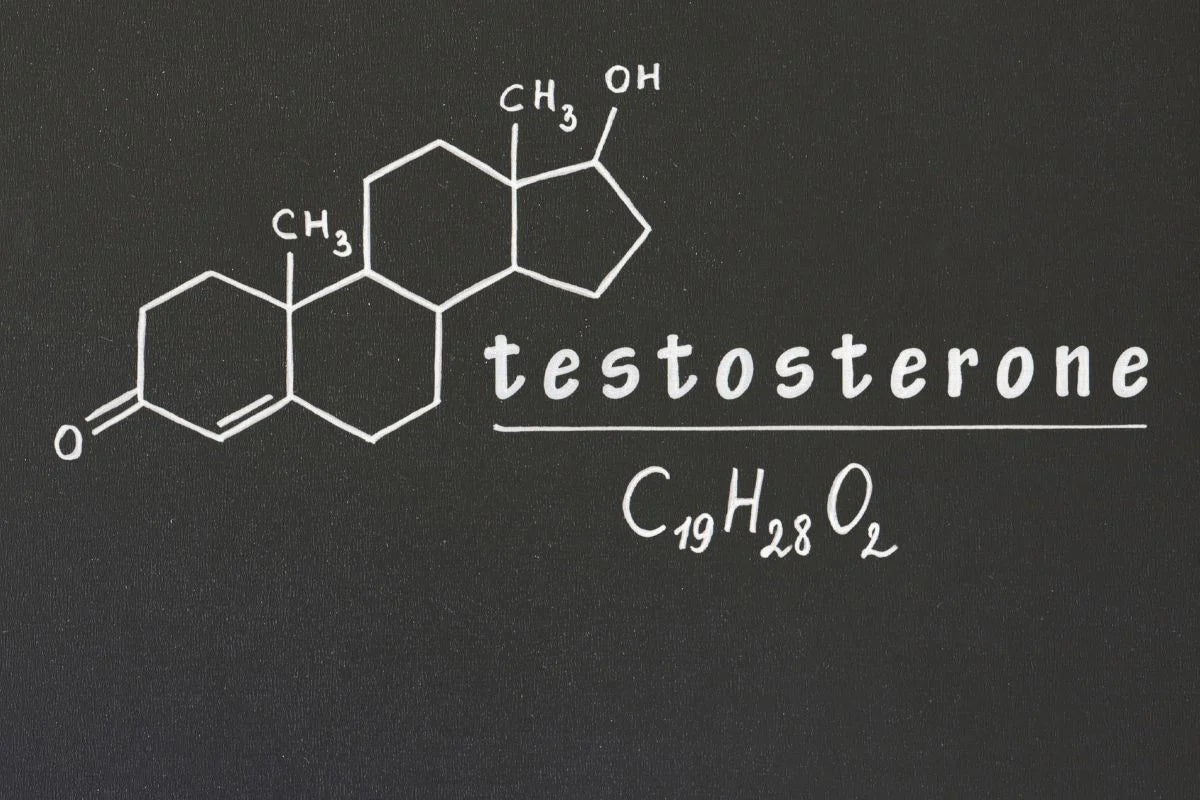Testosterone, often viewed primarily as a male hormone, is crucial for both men and women. Its role extends beyond the commonly understood sphere of sexual function; it is fundamental for muscle growth, fat distribution, bone health, and mental well-being.
The Role of Testosterone in Muscle Development
Testosterone is a key player in promoting protein synthesis, essential for muscle growth and strength. By enhancing this process, testosterone not only helps build muscle mass but also aids in the recovery and repair of muscle tissue after exercise. For example, due to its impact on muscle metabolism, higher testosterone levels can lead to more significant gains from strength training and bodybuilding efforts.
Testosterone and Fat Distribution
This hormone also significantly influences how fat is distributed in the body. Lower levels of testosterone are often associated with an increase in body fat, particularly around the abdomen—a condition linked to various health risks like cardiovascular disease and type 2 diabetes. Maintaining adequate testosterone levels can, therefore, help manage a healthier body composition.
Bone Density and Health
Bone density, crucial for overall skeletal strength, is another aspect of health influenced by testosterone. The hormone increases bone density by stimulating the production of bone tissue. It plays a vital role in preventing osteoporosis and reducing the risk of fractures, especially as one ages.
Impact on Mental Health and Cognitive Functions
Less well-known is testosterone's significant impact on mental health. It influences mood, energy levels, and cognitive functions. Adequate levels of testosterone are associated with improved mood, reduced feelings of depression, and a general increase in vitality. Moreover, evidence suggests that testosterone helps maintain cognitive abilities, offering a protective effect against cognitive decline with age.
Maintaining Healthy Testosterone Levels
Lifestyle choices are key to supporting healthy testosterone levels. This includes regular physical activity, especially strength and high-intensity interval training (HIIT), which have been shown to boost testosterone production. A balanced diet rich in proteins, healthy fats, and minerals like zinc and magnesium supports hormone health. Managing stress through techniques like mindfulness and adequate sleep is equally important, as chronic stress can significantly lower testosterone levels.
In summary, testosterone is a crucial hormone that supports various aspects of health beyond its role in reproductive functions. Its impact is extensive, ranging from enhancing muscle mass and regulating fat distribution to supporting bone health and influencing mental well-being. Maintaining healthy testosterone levels through a balanced lifestyle is essential for both men and women aiming for long-term health and vitality.
If you are interested in finding out more information or creating your own custom nutrition and training plan, visit www.inceptionnutrition.co.nz.

